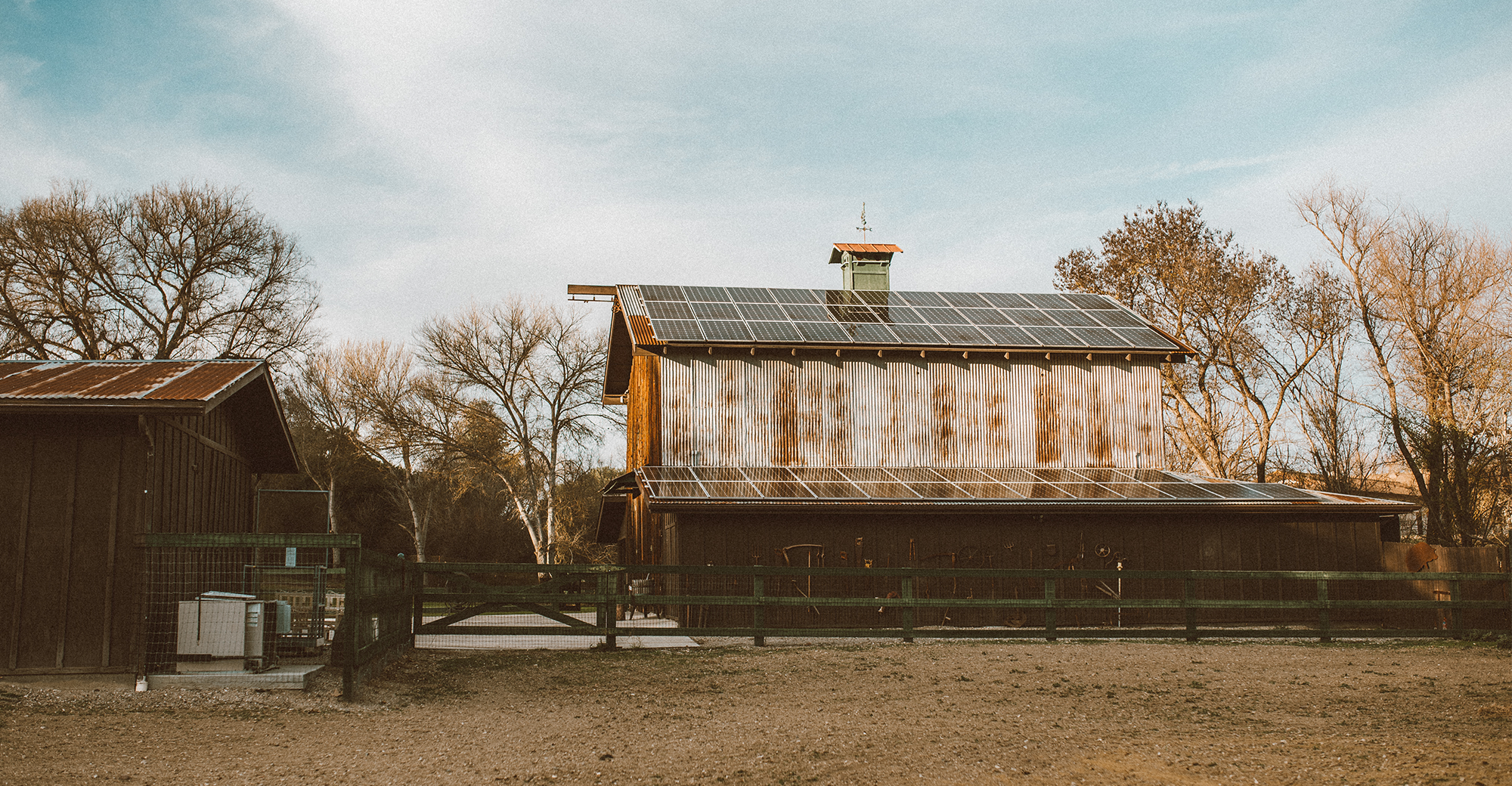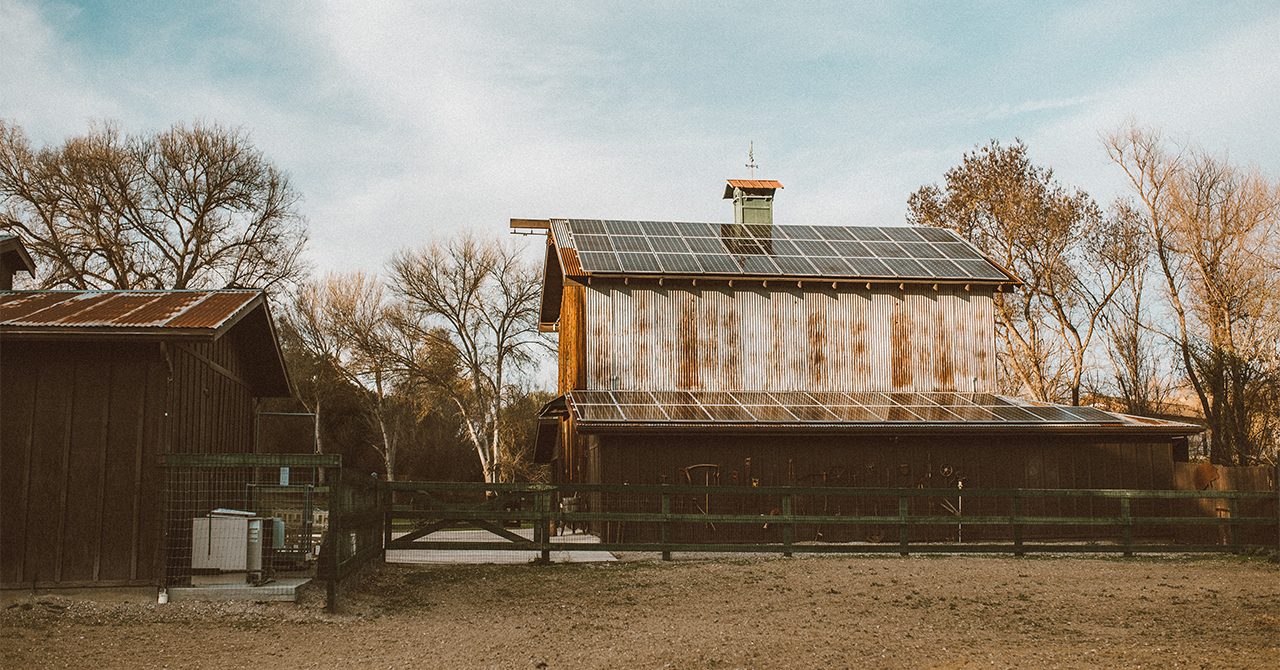

One of the “buzzwords” in the world of wine over the last few years is “sustainable.” It’s most often referenced in relation to the farming of grapes and the subsequent production of wine. We’ll start off with a general definition of sustainability before diving into how we at Carhartt practice sustainability throughout our operation.
Scholars describe sustainability as “meeting the needs of the present generation without compromising the ability of future generations to meet their needs” (Brundtland, 1987). In other words, sustainability is about taking care of our planet and its natural resources now to ensure that our planet is around for our children and grandchildren. I’m sure we are all painfully aware of the risks facing our future, from severe drought and weather instability to air and water pollution, species extinction, and the rapid spread of infectious diseases. There is a lot of discussion currently about how we have accelerated global warming with our dependence on fossil fuel and appetite for immediate gratification without thought to what it might be doing to our planet. Regardless of how one feels about global warming, it is safe to say that we need to be more thoughtful today for future populations.
With that frame of reference, let’s now shift to how we view sustainability at Carhartt Family Wines. In terms of vineyard management, we believe in farming ecologically by using methods and practices that are environmentally sound, economically viable, and safe for our consumers. While we aren’t certified organic, we don’t use chemical fertilizers or pesticides. Instead, we rely on composting, cover crops, natural pest management, and manual weed control.
Going even a step further, we are more interested and committed to “regenerative agriculture”, whereby sustainable methods fall within a wider philosophy of land conservation, and most importantly, restoration ecology. Here, the focus is on topsoil regeneration, water conservation, enhanced ecosystem practices, and increasing resilience to climate change – no small feats! While we still have a lot to learn and incorporate into our daily vineyard protocols, we are ever mindful of the larger picture.
Furthermore, as Carhartt third-generation farmers, this ranch is where we live, raise our animals and families, and we want to see the continuation of generations on our land. As most of you know, we also organically raise chickens, pigs, and sheep for our own food; thus, we want the land we raise them on to be healthy and sustainable.
When it comes to the winemaking itself, we believe that by the time our grapes arrive here at the winery, most of our “work” was completed in the vineyard. As Big Mike likes to say (proudly), “90% of winemaking takes place in the vineyard”. In other words, if our efforts with sustainable and/or regenerative farming were carried out to the best of our ability, the grapes themselves will solidly reflect our year-long work to create positive growing conditions. Furthermore, we try really hard to “allow the grapes to express themselves,” without us manipulating or changing what nature has given us. From ground to glass, we remain committed to the cause!
Join our email list and get 10% off your next purchase!
New Customers Only